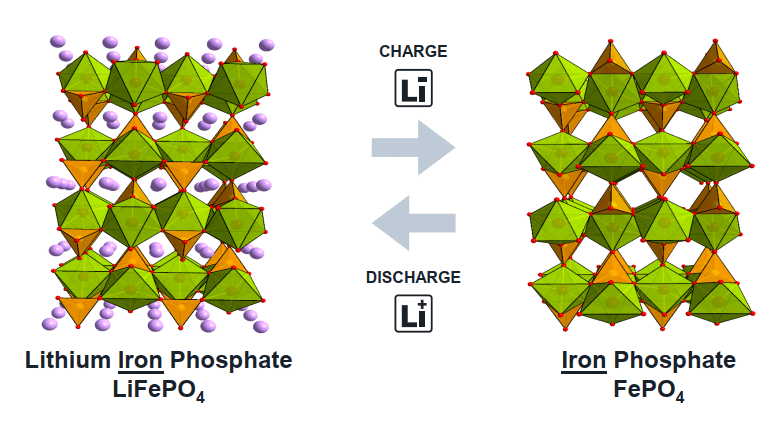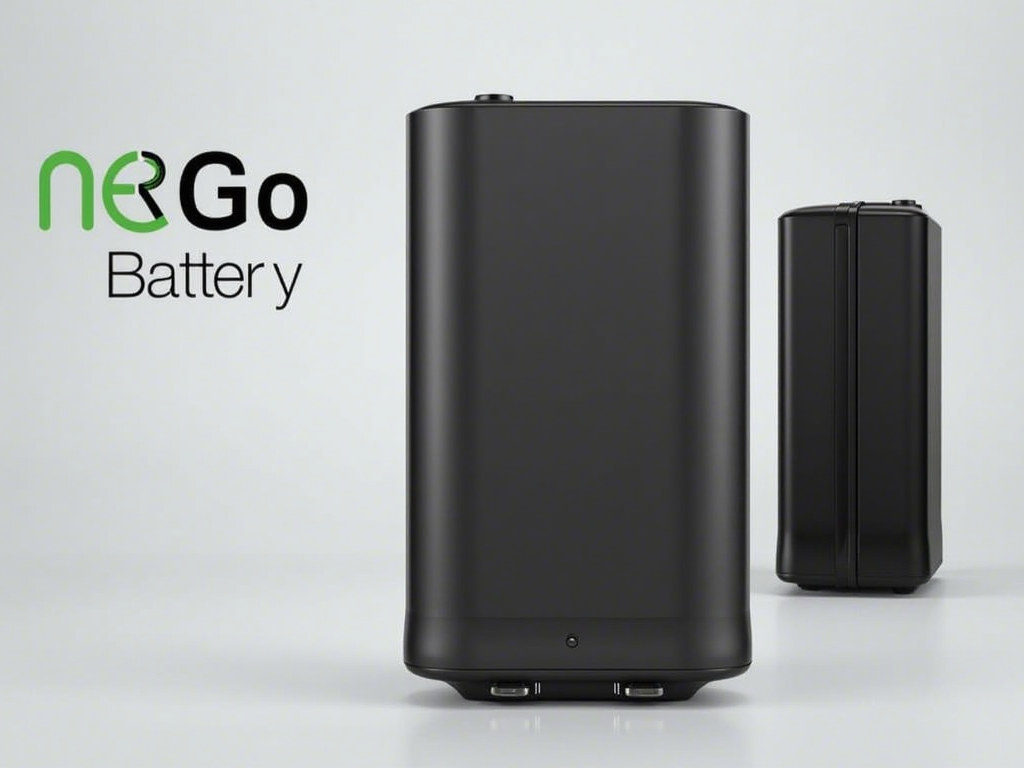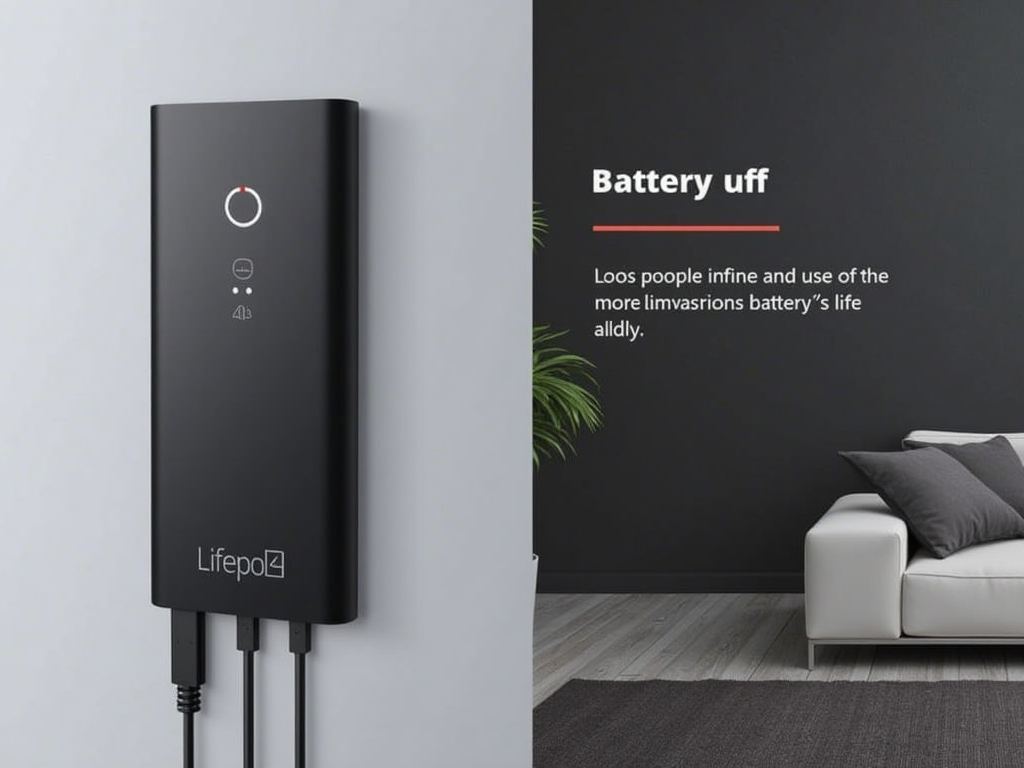
Introduction to LiFePO4 Batteries
What is a LiFePO4 Battery?
LiFePO4, or Lithium Iron Phosphate, batteries represent a class of lithium-ion batteries with significant advantages over traditional lithium-ion chemistries. They are known for their long cycle life, stability, and safety, making them a popular choice in various applications, from renewable energy storage to electric vehicles.
Key Features of LiFePO4 Batteries
LiFePO4 batteries are renowned for their thermal and chemical stability, offering a much safer alternative compared to other lithium-ion batteries. They can endure thousands of charge and discharge cycles with minimal degradation, making them an excellent long-term investment for both consumers and industries.

Understanding LiFePO4 Battery Life
Typical Life Span of LiFePO4 Batteries
LiFePO4 batteries typically offer a lifespan ranging from 2,000 to over 5,000 cycles depending on usage conditions. In practical terms, this means these batteries can last between 5 to 15 years, making them a durable option for long-term applications like solar energy storage and electric vehicles.
Factors Influencing LiFePO4 Battery Life
Several factors affect the life of a LiFePO4 battery. These include the depth of discharge (DoD), charging habits, temperature conditions, and the overall quality of the battery. Maintaining optimal charging conditions and avoiding deep discharges can significantly extend the battery’s lifespan.
LiFePO4 Battery Life Cycle
What is a Battery Life Cycle?
A battery life cycle refers to the number of complete charge and discharge cycles a battery can undergo before its capacity drops below a usable level. For LiFePO4 batteries, a life cycle can mean anywhere from 2,000 to 5,000 cycles, depending on how deep the battery is discharged during each cycle.
LiFePO4 Life Cycle vs. Depth of Discharge (DoD)
The relationship between the depth of discharge and the battery life cycle is critical. LiFePO4 batteries can last longer when they are not fully discharged during each cycle. For example, a battery discharged to 50% (DoD) will have more cycles in its life compared to one that is regularly discharged to 100%.
Comparing Cycle Life of LiFePO4 vs. Other Battery Types
Compared to other battery types like NMC (Nickel Manganese Cobalt) or traditional Lithium-ion, LiFePO4 batteries generally offer a longer cycle life. NMC batteries, while higher in energy density, typically have a shorter cycle life due to their chemical makeup.
Price vs. Longevity: Is LiFePO4 Worth It?
Cost Analysis of LiFePO4 Batteries
LiFePO4 batteries tend to be more expensive upfront compared to other lithium-ion batteries. However, their longer lifespan and fewer replacement needs make them cost-effective over time.
Price Comparison with Other Battery Types
When comparing prices, LiFePO4 batteries are generally more expensive than NMC batteries but cheaper than some of the higher-end lithium-ion batteries. The cost-per-cycle ratio often favors LiFePO4, especially in applications where longevity is crucial.
Return on Investment (ROI) of LiFePO4 Batteries
Considering their long life and high safety profile, LiFePO4 batteries offer a strong return on investment, particularly in renewable energy systems and electric vehicles where long-term reliability is a key consideration.

LiFePO4 Battery vs. Lithium-ion Battery
Differences Between LiFePO4 and Lithium-ion Batteries
While both are types of lithium batteries, LiFePO4 and traditional lithium-ion batteries differ significantly in their chemical composition, cycle life, safety, and energy density. LiFePO4 offers better safety and longevity, while traditional lithium-ion batteries might provide higher energy density.
LiFePO4 vs. NMC Battery Life Cycle
NMC batteries are known for their high energy density but typically offer a shorter cycle life compared to LiFePO4. In applications where battery longevity is more critical than compactness, LiFePO4 is often the better choice.

Practical Applications of LiFePO4 Batteries
Common Uses in Renewable Energy
LiFePO4 batteries are increasingly used in renewable energy storage systems due to their long cycle life, safety, and ability to perform well in a range of temperatures.
LiFePO4 Batteries in Electric Vehicles (EVs)
In electric vehicles, LiFePO4 batteries provide a balance of safety, longevity, and performance. Though they might be bulkier compared to
To improve your article and meet the SEO requirements for outbound links, here are a few strategies:
- Link to Relevant Studies and Comparisons: Include links to research or comparison studies on LiFePO4 batteries versus other types of batteries. For example, you could link to a study comparing the environmental impacts of LiFePO4 and NMC batteries, highlighting how LiFePO4 is more sustainable due to its longer lifespan and safer materials.
- Reference Industry News and Technological Developments: Incorporate links to the latest developments in battery technology, such as advancements in energy density for LiFePO4 and NMC batteries. This not only adds depth to your article but also improves its relevance and authority in the eyes of search engines.
- Include Practical Guides and Tutorials: You could link to external guides on how to maximize the lifespan of LiFePO4 batteries or on the safe disposal and recycling of these batteries, offering your readers more practical value.
For instance, linking to an article that discusses the safety and environmental benefits of LiFePO4 batteries over NMC, or another that unpacks the energy density differences between these two battery types, would be beneficial. These kinds of resources can improve your outbound link score by making your content more informative and authoritative.
Sources:
- Environmental benefits of LiFePO4 over lead-acid and NMC batteries. https://expion360.com/blogs/blog/environmental-superiority-of-lifepo4-batteries
- Differences in energy density and application between NMC and LiFePO4 batteries. https://www.batteryworld.com/nmc-vs-lifepo4-unpacking-energy-density-differences
Choosing the right LiFePO4 battery involves understanding its lifespan and the specific brands available. For insights into how long these batteries typically last, our guide on How Long Do LiFePO4 Batteries Last? provides all the details you need. Additionally, if you’re considering purchasing EVE batteries, our EVE Batteries: A Comprehensive Review and Buyer’s Guide offers a thorough evaluation to help you make an informed decision.